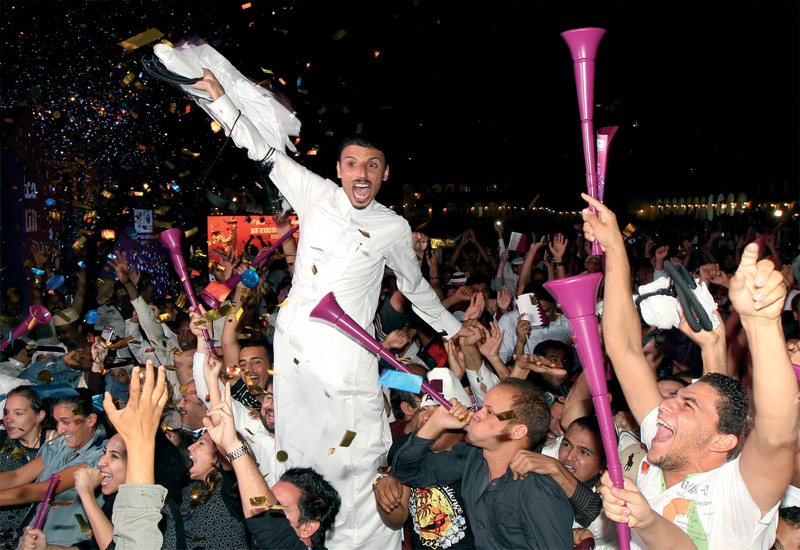According to FIFA’s Bid Evaluation Report on Qatar’s victorious tender, US$17billion will be ploughed into hotel development over the next five years.
The number of hotel properties will increase from the current 100 to 240 in order to meet accommodation needs, and hotel room inventory will more than double to 90,000. Two thirds of the new supply, which will amount to around an extra 55,000 rooms, will be covered by 17 construction projects, 13 of which will be completed by 2016.
This mind-boggling development raises concerns as to what will happen after the World Cup is over. Qatar already suffers from an oversupply problem. Data from the QTA showed that occupancy in the first half of 2010 averaged at 61%.

| Advertisement |
Jalil Mekouar, regional director and head of real estate advisory at Jones Lang LaSalle Hotels said: “Qatar will face similar issues as other countries have been facing, in terms of what do you do with all the inventory once the event is over.
This challenge will be amplified for Qatar as we are talking about a city state pretty much, and we talking of a small place physically.”
Guy Wilkinson, general manager at hospitality consultancy Viability agreed that oversupply was an issue, but said growth in tourism could sustain the sector: “The World Cup announcement has come at a crucial time in the growth of the hotel sector in Doha, which many privately feared was heading for oversupply and a rate war, as is being experienced now in Dubai’s Al Barsha district, for example.”
“Qatar has already witnessed the importance of a major global sporting event to its hotel sector, when it hosted the 15th Asian Games in 2006.
Not only were the hotels booked out during the two weeks of the games themselves, but they received significant and increasing demand for at least two or three years before that.”
One short-term solution to the accommodation problem is cruise ships. Cruise ships were used in South Africa during the last World Cup, when ships anchored off Port Elizabeth, Durban and Cape Town helped supply up to 4,500 extra temporary rooms.
According to the FIFA report, Qatar is planning a cruise ship project at the New Doha Port in Al Wakrah with 6,000 rooms.
Other challenges
Accommodation problems are not the only challenges on the horizon. There’s also the small issue of the soaring summer heat. Qatar may have promised to build some incredibly high-tech, climate controlled, zero-carbon emitting stadiums to protect the players from frazzling in the sun, but what about the tourists? The ferocious July heat is bound to put some visitors off.
And then there’s the issue of culture. While Qatar is eager to display a liberal and welcoming image, there’s no denying that the Islamic nation has a much more conservative culture than previous World Cup hosts. The sale of alcohol and the rowdy behaviour of tourists from around the world will no doubt present significant challenges.









 Search our database of more than 2,700 industry companies
Search our database of more than 2,700 industry companies









